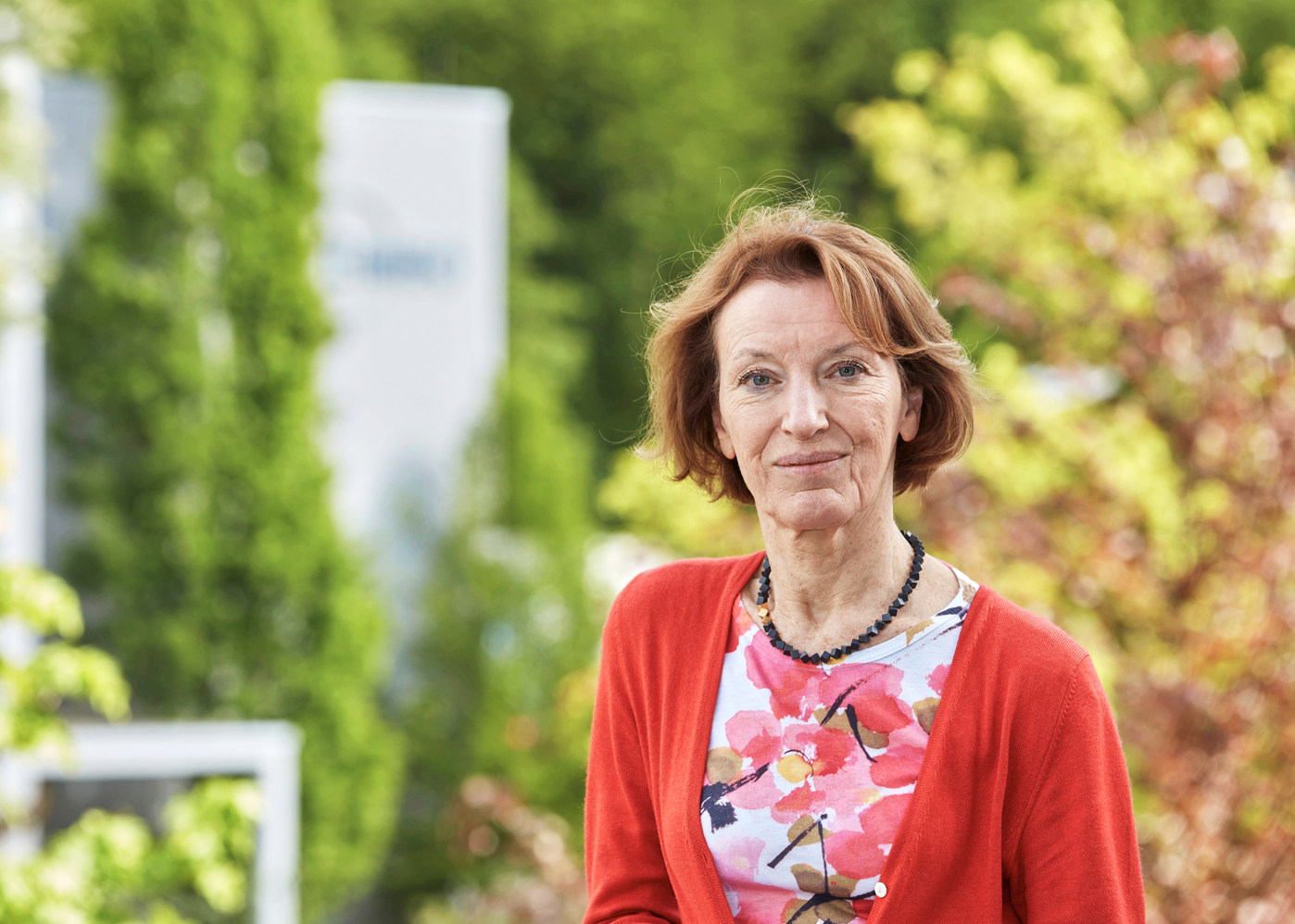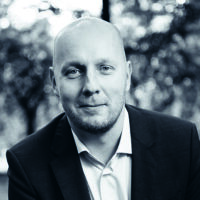
How can European research sharpen its competitive edge?
In proportion to its population, Finland has done well in the European Research Council (ERC) grants. According to the President of ERC, there are a few simple rules to follow in order to do even better.
Text johanna hytönen Image EMBL PhotoLab
President of the ERC, Professor Maria Leptin, what should the European Union do to speed up innovation?
Put more money into research. In 2000, the Barcelona European Council proposed to raise overall research and development investment to 3 percent of GDP by 2010. We are nowhere near that.
Europe thinks of herself as a forerunner, but we are not. We are behind in funding compared to the US and China, for example. We as researchers and ordinary citizens need to explain the importance of science and research.
There are many recent examples of countries that have benefited a lot from increasing their own funding for research. For example, Portugal ramped up their science and invested in research. Their number of ERC grants has now risen.
On the European level, we need to get rid of nepotism. The science communities must be open and there must be positions available for new scientists.
How does the ERC balance the different grants – starting grants, advanced grants and consolidator grants?
We focus our funding on fundamental research for individual top researchers. Fundamental, or frontier research, is needed to come up with new ideas.
The ERC’s governing body, the Scientific Council, decides on the balance between starting, consolidator and advanced grants. Most of the funding, two thirds, goes to the younger researchers, including the mid-career segment.
And there are also the Synergy grants for 2 to 4 researchers working together and the Proof of Concept funding. The Proof of Concept grant, a small part of our budget, is top-up funding for ERC grantees who want to test their ideas in business and bring their frontier research towards the market.
At the European level, there are also the transition grants from the European Innovation Council (EIC), which supports the maturation and validation of new technologies and the development of a business model, for example. Interestingly, as many as two thirds of the researchers funded by these EIC grants have had ERC Proof of Concept grants. It is an opportunity for ERC grantees to scale up their ideas.
How can young researchers secure funding for their work? As a seasoned researcher and research director, what kind of personal advice would you give?
To secure their grant for the future, young researchers simply have to be very good. For example, in my branch of science, Life Sciences, it is necessary to set up one’s own lab.
Young researchers should remember that they are better at what they do than any other member of their group. They love to research, so they should do it. That is what got them there in the first place. Many people think that having a large research group is a priority, but that is not true.
You have to train your team and do a lot of the work yourself. When applying, it’s also useful to ask for advice and listen to it. Sometimes people around you are better at seeing what is happening in your research group.
Maria Leptin
Professor Maria Leptin took office from November 2021. Prior to her current position, she served as Director of European Molecular Biology Organization and established a research group in Heidelberg at the European Molecular Biology Laboratory.

